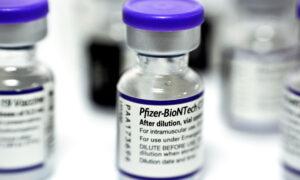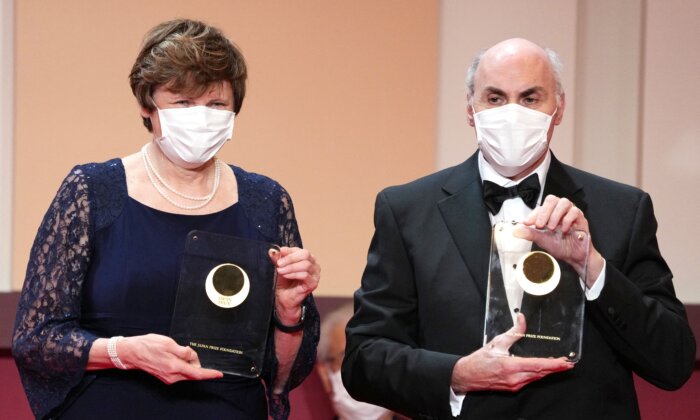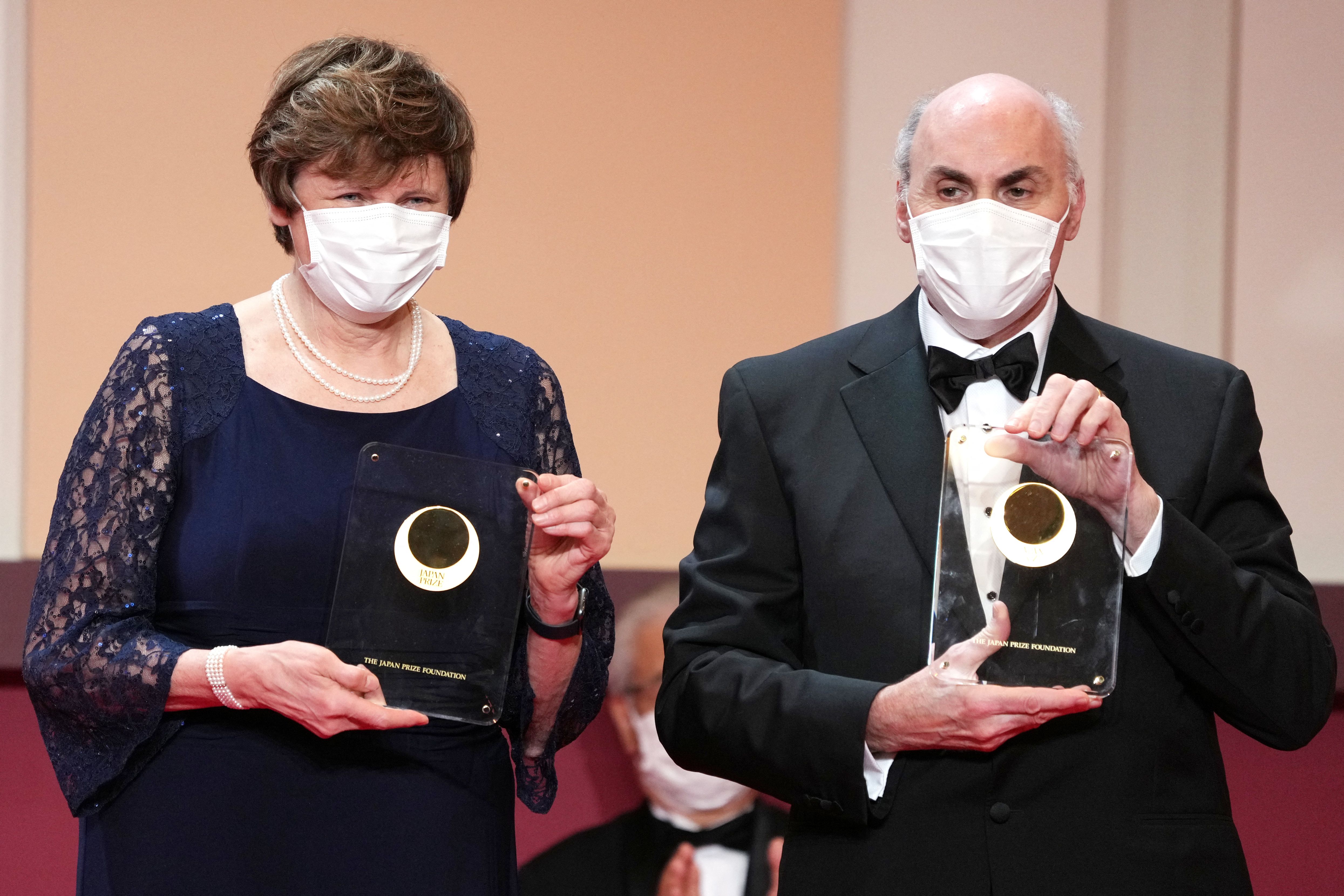Nobel Prize Winner Seeking to Cure Cancer With mRNA Technology
The plan is to vaccinate people with cancer every five years to ‘kill all of the transformed cells.’
Nobel Prize winner Dr. Drew Weissman talked recently about using mRNA technology to prevent the development of cancers among vulnerable people.
This allowed for the rapid development of mRNA COVID-19 vaccines. Dr. Weissman and his team at the University of Pennsylvania are now focusing on using mRNA technology to treat cancer.
A vaccine under development by the team teaches the body to identify and fight tumor cells. The vaccine is aimed at people who have a genetic mutation which raises their risk of cancer.
For instance, BRCA is a gene that contributes to breast cancer risk. Out of the more than 18 million cancers identified globally every year, around five to 10 percent stem from genetic mutations.
The Nobel Prize winner and his team investigated methods to use mRNA to trigger an immune response in the body that would kill cancer cells.
In experiments with mice, the researchers injected mRNA that taught the body to produce a protein called IL-12. This protein directs the body to produce immune cells called effector T-cells that can remove cancer.
“If we treat these people, maybe every 5 years, with a vaccine that only makes effector T-cells, [it] will clean out, clear away, kill all of the transformed cells and maybe completely prevent cancer from ever appearing in these patients.”
mRNA Treatments
Many pharma companies are already researching the use of mRNA for cancer therapy. This month, Moderna and Merck & Co. announced that they have begun a late-stage trial of their experimental personalized mRNA treatment for patients with a type of lung cancer.
The therapy, called v940, will be tailored for each patient individually to trigger T-cells. It will be offered in combination with the drug Keytruda. In July, the two companies kicked off a late-stage study of the combination therapy in patients with melanoma, a skin cancer.
Earlier this year, BioNTech, the company that partnered with Pfizer to make the COVID-19 mRNA vaccines, said that it had signed a deal with the UK government for personalized cancer therapies.
According to the deal, up to 10,000 patients will be enrolled in clinical trials by the end of 2030. The cancer therapies will use mRNA technology in their treatments.
Developing mRNA to vaccinate against other diseases when the existing technology has considerable flaws brings up several safety questions.
Synthetic Messenger Ribonucleic Acid (mRNA), such as that used in Moderna and Pfizer vaccines, enables the body to create a specific spike protein mimicking SARS-CoV-2. The body reacts to the foreign protein and generates protective immunity, which theoretically neutralizes the real virus when it enters the body.
“Researchers from the Medical Research Council (MRC) Toxicology Unit have discovered that the cellular machinery that ‘reads’ mRNAs ‘slips’ when confronted with repeats of a chemical modification commonly found in mRNA therapeutics. In addition to the target protein, these slips lead to the production of ‘off-target’ proteins triggering an unintended immune response,” said a press release for the study published in Nature on Dec. 6.
In a letter to officials at the CDC and the U.S. Food and Drug Administration (FDA), he pointed out that the presence of Simian Virus 40 (SV40) promoter/enhancer DNA in the vaccines poses a “heightened risk of DNA integration into host cells.”
“DNA integration could theoretically impact a human’s oncogenes—the genes which can transform a healthy cell into a cancerous cell,” he warned.
This article has been archived for your research. The original version from Epoch Times can be found here.






